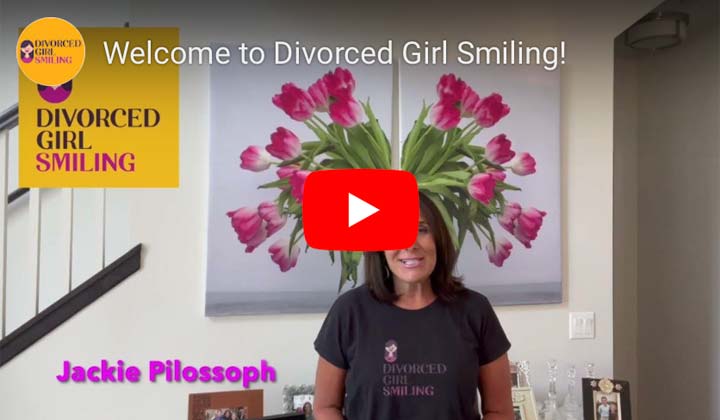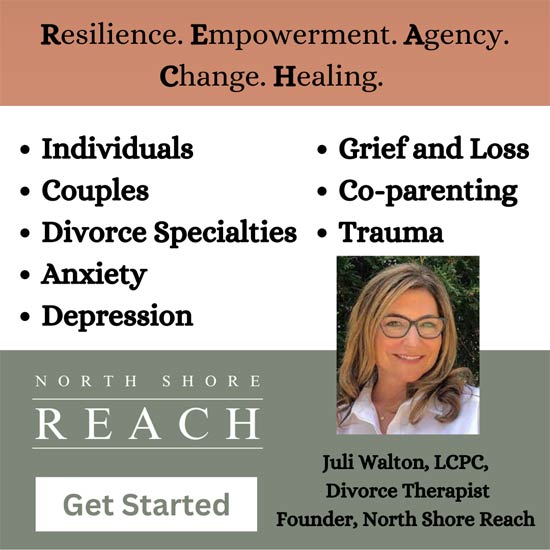Everyone understands the importance and power of money. It’s not supposed to bring us happiness, but it sure can make us comfortable and give us choices in our lives. Money can be used to make insecure people feel successful, it can be used to be loving, generous and thoughtful, and it can also be used as a weapon in a marriage to silently control a partner. Using money to control someone is financial abuse. Financial abuse in a marriage doesn’t get the attention it deserves.
Discussions around marital abuse they usually include physical, sexual, emotional and verbal abuse, while financial abuse in a marriage is less observable and not often seen outside of interactions between two partners. This makes financial abuse seem less common. However, it happens to be very common. The difference is that financial abuse exists in a more private and secretive way, where outsiders don’t see bruises and kids don’t cower in fear.
Financial abuse in a marriage is always intentional, with the abuser’s purpose clearly being to control and exploit their partner and prevent them from having the independence and freedom to find sources of happiness outside of the marriage. When this control is exerted through finances, it can have a detrimental effect on the abused.
Abusers often feel devastated, ashamed, parented, scared, helpless, lacking in self-esteem, ashamed and hopeless, just as if they had been beaten or verbally assaulted.
Financial abuse in a marriage can be very damaging and it is important to recognize the signs for yourself or someone you care about. Just because this is a less public kind of problem doesn’t make it any less scary or devastating. When a person is afraid to spend even small amounts of money because of the consequences, they become unable to make healthy decisions, resulting in a decrease in healthy functioning, reinforcing the addiction the abuser creates.
There are many angles that a financially abusive partner can come from, but they all translate to the same toxic effect – one partner exerting control over the other partners’ access to resources/funds.
Examples of financial abuse in a marriage include:
1. Limiting access to money so abusers are forced to ask for money or believe they don’t need or deserve it.
2. The abuser usually controls all financial decisions, reminding the partner of their lack of power and where they stand in the relationship hierarchy.
3. The abuser will withhold money for basic needs such as groceries, personal items, gas, or clothing, forcing the abused to explain, justify, or simply and shamefully do without. This frequent line of questioning creates self-doubt in the abused, which is also fueled by gaslighting.
4. The idea of a spouse looking for work is off-limits, and if the subject is brought up, the abuser can become threatening to remind the abused partner who is in control of decisions and finances. This is a reminder of their lack of authority and independence. These gaslighting techniques can be persuasive, making abuse questionable and pervasive, causing harm to abused mental and emotional health.
Other types of financial abuse..
Which are less restrictive may seem less worrisome, but should be recognized as problematic, financially abusive behaviors. These may include:
1. When a partner watches others spend in a pinch, questioning and questioning every purchase, it should be noted that this is unhealthy and unbalanced behavior.
2. If one partner gives the other partner an allowance, it is a control mechanism. When the allowance is used in a punitive way because the abuser is not happy with the way the allowance was spent, it is important to understand that this is also financial abuse.
3. Often when an abusive partner makes a large purchase while continuing to limit the abuse, it must be understood that this is abusive in its way of exploiting their access to money while limiting the other partner.
These scenarios and others that may be unique to particular marriages are all forms of financial abuse, control and exploitation. The consistent theme among these examples is that marital assets are withheld, controlled, and used in a way to punish one spouse, to maintain a position of power, control, and manipulation.
When this happens in a marriage, help needs to be found, quickly and without a doubt. Abuse is abuse and no person has the right to intentionally influence or restrict another person with the intention of harming, managing or controlling their choices, freedom or independence.
If you are experiencing these irresistible maneuvers in your marriage, you need to get help. Often fear prevents abusers from seeking help, as well as the belief that they must have done something to deserve this treatment from their spouse. It is critical to remember that there is never any behavior that justifies any abuse and that financial abuse is no different.
How can you get help if you feel you are being financially abused in your marriage?
1. Become financially educated and empowered.
Take a financial planning class (many are free in your community) or start reading articles or listening to podcast about finance, money and financial planning. Social media is a great place to find these types of articles and podcasts.
2. Freeze your credit report.
This is the best way to ensure that your spouse does not take on any new debt in your name. If you don’t know how to do this, contact a mortgage lender, financial adviser or lawyer. You can even ask a friend.
3. Contact a divorce attorney.
Even if you’re not sure if you want a divorce, consulting with a divorce attorney will help you learn what your options are.
4. You need emotional support.
This can mean a healer, coach or both. It’s important to remember that you don’t have to go through this alone. Can not. It’s okay to reach out for help. And it’s okay to break down in your therapist’s office and cry about how hard life is as a victim of financial abuse. During this scary and confusing time, you should feel safe to be vulnerable with your therapist.
5. Reach out to a trusted family member.
Make sure it’s someone you can trust and someone who isn’t judgmental, but family support will help you achieve these other goals because you may need to borrow money to work with these professionals. You know who in your family (or friends) you can count on. It will mean the world to you when they show up for you in a way you never expected. If you’re embarrassed or worried about their reactions, remember that they’ve probably been waiting for you to ask for help, as what you’re going through is probably visibly weighing on you.
In closing, financial abuse in a marriage is extremely painful and difficult to manage.
But you can and will get out of the situation. It’s not easy and it takes a lot of courage to take the risks to get out of an abusive relationship. Additionally, when it comes to financial abuse, people may not understand your need to leave. Why; Because financial abuse is invisible. It is well hidden. Just believe in yourself and believe that you deserve the happiness of freedom—and that includes financial freedom. If you want to contact me, I’m here for you.

Julie Walton it is one Licensed Clinical Professional Counselor (LCPC) is committed to supporting individuals, couples and families in navigating diverse, complex issues. She has extensive experience working with adolescents and adults struggling with anxiety, depression, trauma, abuse, family conflict, and transitional life events related to career challenges, grief, loss, unexpected stressors, and more.
While her specialties are multi-faceted, she is a trained Divorce Therapist and certified Divorce Mediator, certifications for which she earned from Northwestern University, with significant experience supporting clients through separation and divorce processes. Her relevant expertise includes mediation, co-parenting, dysfunctional family patterns and discrimination counseling.
Juli believes that, above all, the work starts with building a safe and non-judgmental relationship where clients feel empowered to realize their potential. Through her empathic nature, she provides a supportive space where clients can grow, change and heal. Julie is intentional in her goal of helping clients create a life that makes them happy.
Julie sees individuals, couples and families and aims to help people going through divorce. Her treatment specialties include: separation, divorce, post-divorce, discretionary counseling, anxiety, depression, grief and loss, trauma, abuse, family conflict, life transitions, mediation and co-parenting. Learn more and/or schedule a free 15-minute consultation here.





